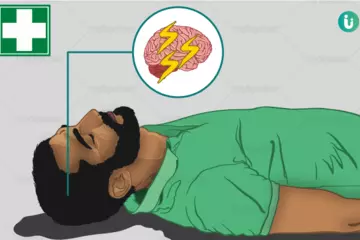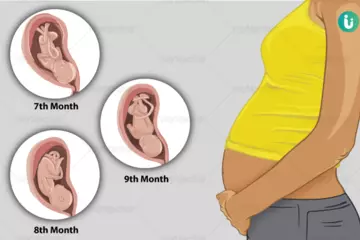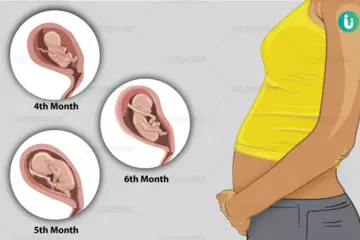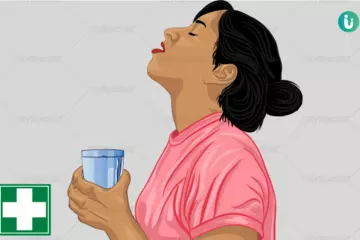What are Food Allergies?
An allergy to food occurs when the natural defences of the body react excessively on exposure to a particular food item and releases antibodies and other substances. Allergic reactions to food are becoming increasingly prevalent and can even lead to serious illness or death if not treated quickly.
What are its main signs and symptoms?
Generally, symptoms of food allergy develop soon after the food has been consumed.
- Mild to moderate symptoms include
- Itching, burning, and swelling around the mouth
- Swelling of face or eyes
- Runny nose
- Itching and rash
- Hives (skin becomes red and bumpy)
- Diarrhoea
- Abdominal cramps
- Breathing difficulties, including wheezing and asthma
- Vomiting
- Nausea
- Dizziness
- Hypotension
- Severe symptoms include
- Swelling of the mouth
- Noisy breathing
- Laryngeal oedema and swelling and tightness of the throat
- Persistent dizziness and syncope
- Convulsions
- Anaphylaxis
What are its main causes?
Only a few types of food cause 90% of the food allergies and they include
Risk factors for food allergy include
- Genetic predisposition
- Environmental factors, such as improved lifestyle, diet, and hygiene
- Replacement of breastfeeding with formula milk
- Consumption of canned food items
How is it diagnosed and treated?
Medical history and symptoms aid in diagnosing food allergy to a large extent. It is important to note that symptoms may vary from person to person.
- Investigations include
- Skin prick test to identify the allergen
- Blood tests for measuring immunoglobulin E antibody to the specific food item
- Prevention
- Treatment for allergy is preventing the particular allergic food item. One should be warned of a chance of anaphylactic reactions in case of a second exposure to the allergen
- It is vital to gather information regarding the presence of the particular ingredient in foodstuff for avoiding allergies
- Management of acute reactions
- Antihistamines are indicated for mild to moderate allergic reactions
- In case of life-threatening anaphylactic reactions, an injection of epinephrine (adrenaline) is required. In addition, oxygen supply and fluids should also be administered depending on the symptoms

 Doctors for Food Allergies
Doctors for Food Allergies  Food Allergies articles
Food Allergies articles
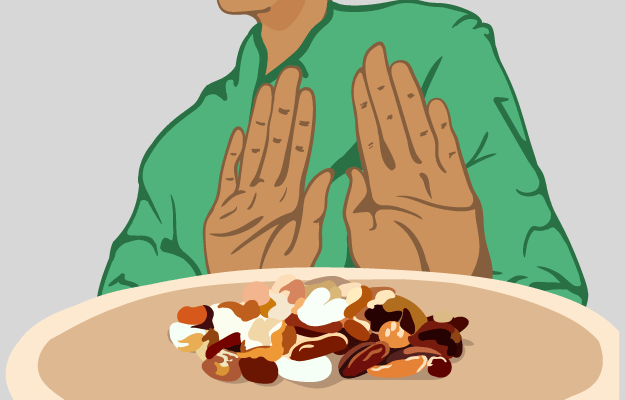
 Diet for Food Allergies
Diet for Food Allergies

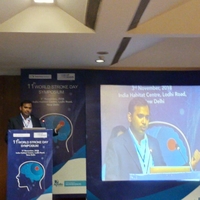





 Dt. Akanksha Mishra
Dt. Akanksha Mishra

